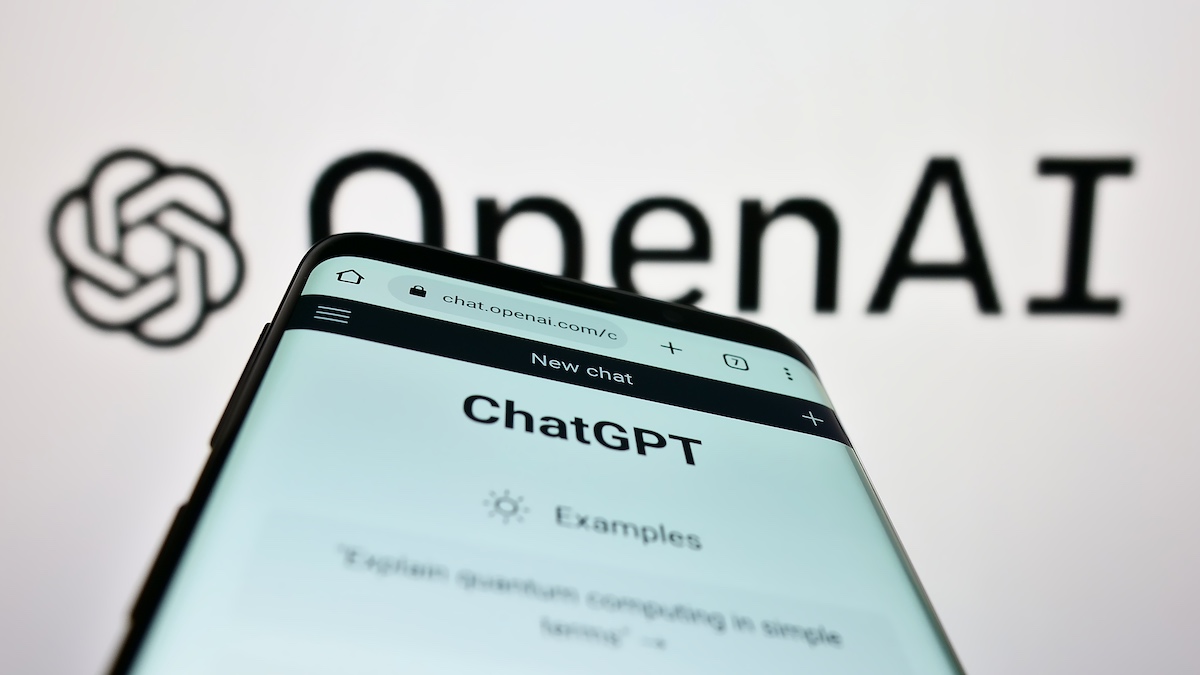ChatGPT could return to Italy soon if its maker, OpenAI, complies with measures to satisfy regulators who had imposed a temporary ban on the artificial intelligence software over privacy worries.
The Italian data protection authority on Wednesday outlined a raft of requirements that OpenAI will have to satisfy by April 30 for the the ban on AI chatbot to be lifted.
The watchdog known as Garante last month ordered the company to temporarily stop processing Italian users’ personal information while it investigated a possible data breach. The authority said it didn’t want to hamper AI’s development but emphasized the importance of following the European Union’s strict data privacy rules.
OpenAI, which had responded by proposing remedies to ease the concerns, on Wednesday welcomed the Italian regulators’ move.
“We are happy that the Italian Garante is reconsidering their decision and we look forward to working with them to make ChatGPT available to our customers in Italy again soon,” OpenAI said.
Concerns are growing about the artificial intelligence boom, with other countries, from France to Canada, investigating or looking closer at so-called generative AI technology like ChatGPT. The chatbot is “trained” on huge pools of data, including digital books and online writings, and able to generate text that mimics human writing styles.
Under Italy’s measures, OpenAI must post information on its website about how and why it processes the personal information of both users and non-users, as well as provide the option to correct or delete that data.
The company will have to rely on consent or “legitimate interest” to use personal data to train ChatGPT’s algorithms, the watchdog said.
The Italian regulators had questioned whether there’s a legal basis for OpenAI to collect massive amounts of data used to teach ChatGPT’s algorithms and raised concerns the system could sometimes generate false information about individuals.
San Francisco-based OpenAI also will have to carry out a publicity campaign by May 15 through radio and TV, newspapers and the internet to inform people about how it uses their personal data for training algorithms, Italy’s watchdog said.
There’s also a requirement to verify users’ ages and set up a system to filter out those who are under 13 and teens between 13 and 18 who don’t have parental consent.
“Only in that case will the Italian SA (supervisory authority) lift its order that placed a temporary limitation on the processing of Italian users’ data …. so that ChatGPT will be available once again from Italy,” the watchdog said on its website.













